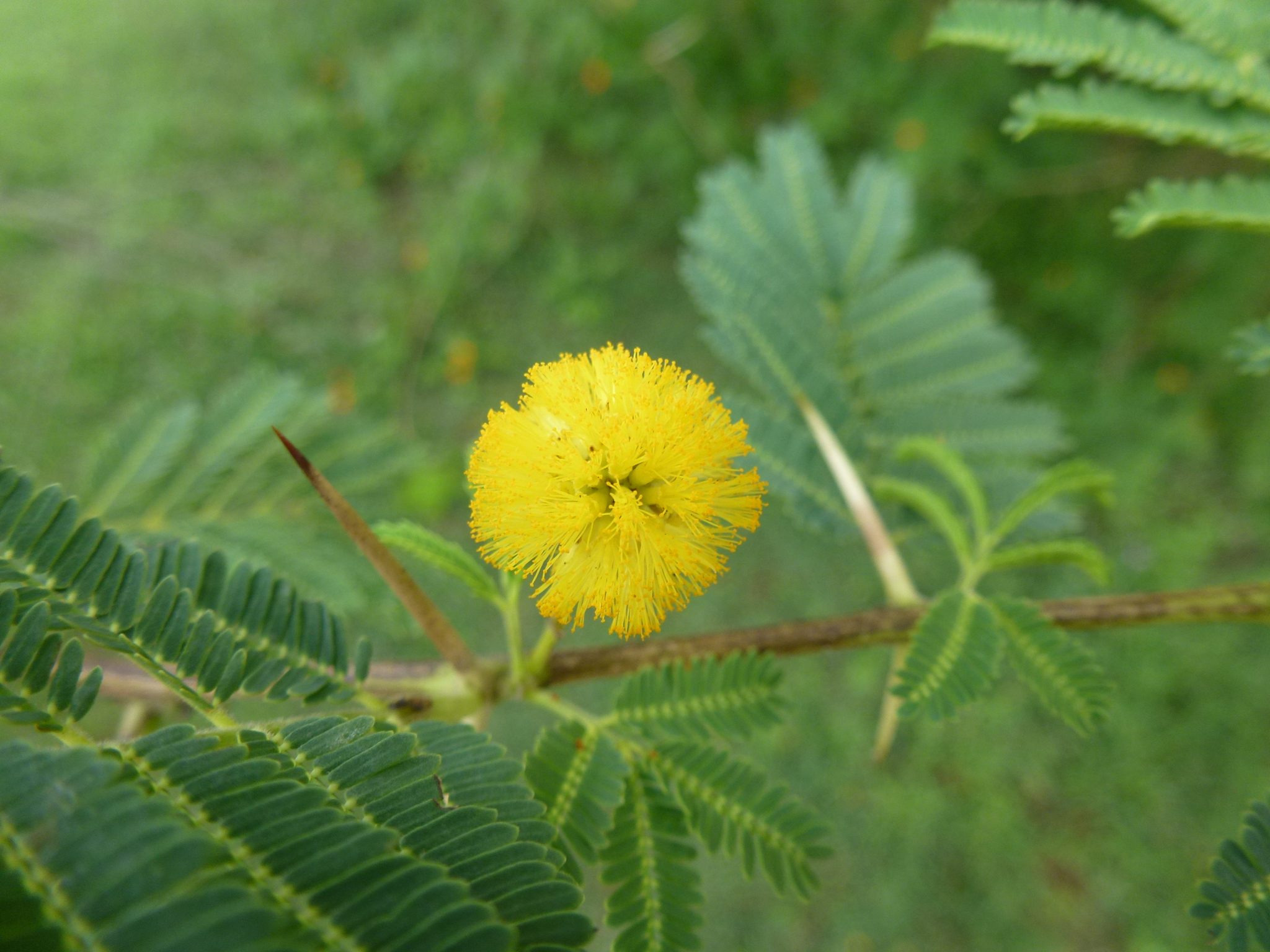Made possible through funding from the Department of Agriculture, Water and the Environment (DAWE) Rural R&D for Profit program, the initial project New biocontrol solutions for sustainable management of weed impacts to agricultural profitability was established through broad acknowledgement of biological control (biocontrol) as the most cost-effective solution for landscape-scale weed management.
Through extensive stakeholder engagement strategies and collaboration, the project successfully identified biocontrol options for eight target weeds that contribute to significant reduction in productivity, degradation to land and waterways, and displacement of native species across a variety of Australia’s rural industries and landscapes.
Difficult or impractical to manage using standard methods, controlling these weeds often results in huge costs to land managers. Across Australia it is estimated that weed control costs in excess of $6 billion each year.
Biocontrol is widely recognised as offering a more sustainable, integrated approach to weed management, requiring minimal investment after suitable agents are established, thereby improving productivity, profitability and competitiveness of Australia’s agricultural industries on a global stage.
This project sought to improve the long-term profitability of primary producers by developing novel biocontrol solutions to reduce recurrent costs of control for those affected by the targeted weeds.
As a result of the successful outcomes and collaborations established during the project so far, funding has now been secured for a second phase project through Round 4 of the Rural R&D for Profit program.
This second phase, Underpinning agricultural productivity and biosecurity by weed biological control, will allow further host-specificity testing and risk assessments of the identified biocontrol agents, as well as undertaking targeted release of approved agents and analysis of integrated control methods, before progressing towards delivery to industry through large scale release.
Dr Alex Ball, Project Lead for Phase 2 of the project, explained that the continuing project will build on foundational and applied research that will contribute to integrated management of 11 important weeds. These weeds affect 3 million sq. km of grain production areas, more than 20 million hectares of rangelands, and over 15,000 km of water assets (e.g. bore drains and irrigation channels) of importance to primary industries.
“Biocontrol agents, when released and established in the Australian environment, will benefit primary producers and the broader Australian community through general landscape-level reduction in weed pressures in grazing lands, croplands and water assets, thereby enabling better integrated weed management outcomes”, he said.
Primary producers affected by the target weeds will see a gradual but significant reduction in their weed control costs as the populations of released biocontrol agents establish, causing increasing pressure on the target weed species and limiting their spread.











